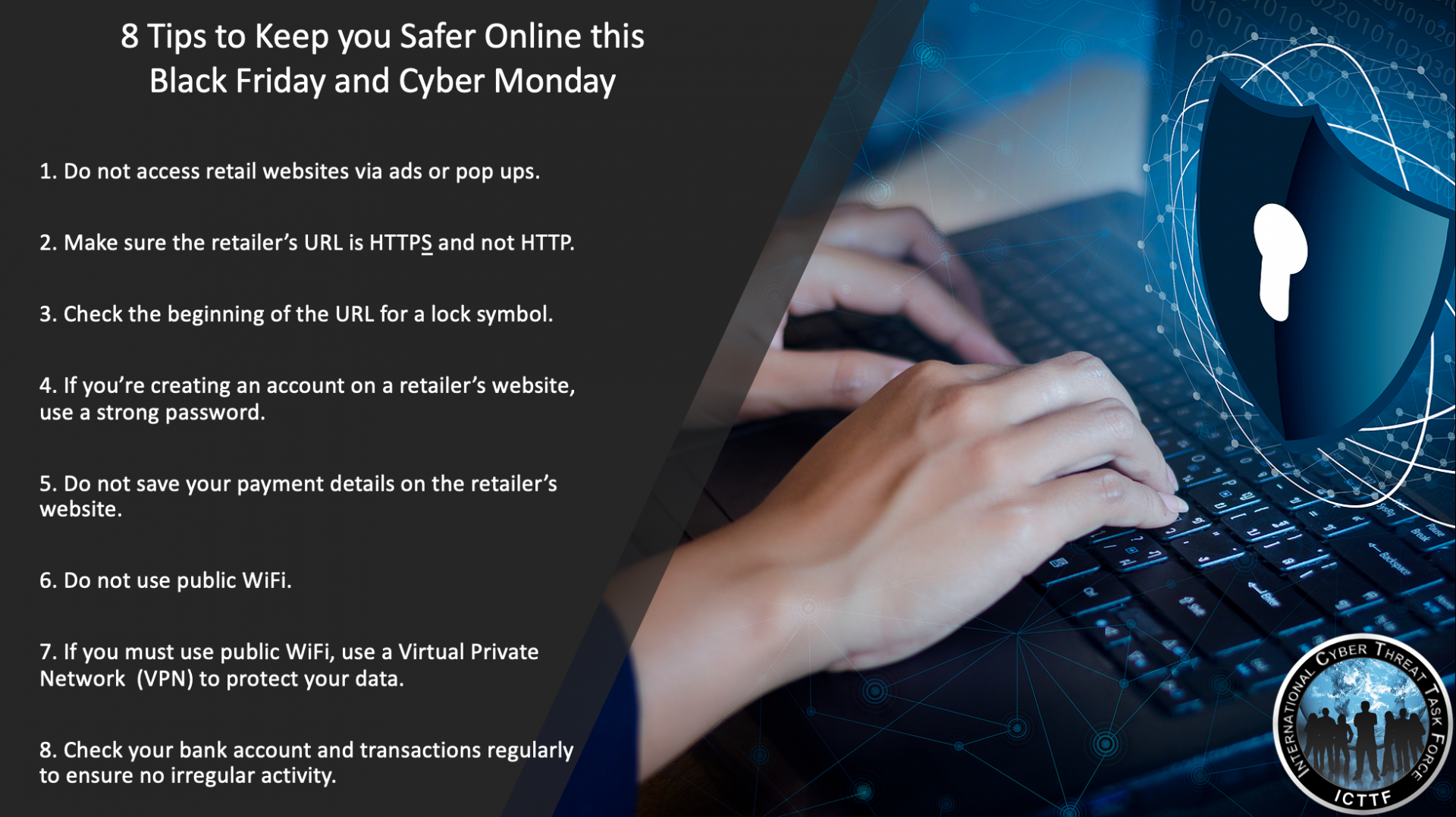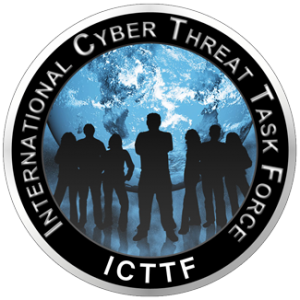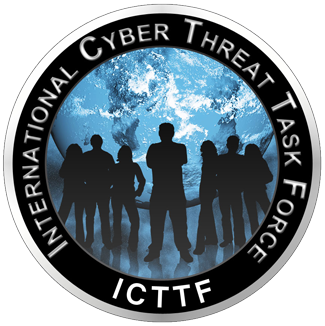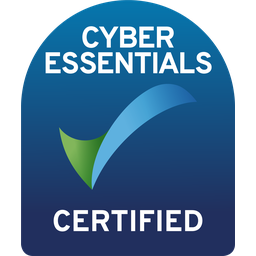Black Friday & Cyber Monday Tips
Only deal with reputable retailers that you know and trust. To avoid falling for shopping scams online:
- Do not click onto a website via an ad or pop up.
- Take the time, an extra 10 seconds, to search the official URL or website name of the retailer to ensure you’re not being directed to a fraudulent website.
- Check the retailers social media platforms and reviews (trust pilot)
Be aware of the retailer’s URL:
Whether you’re shopping with well-known retailers or with smaller brands, you should be equally cautious.
- You should check that the website’s URL begins with HTTPS and not HTTP.
- The ‘S’ means it’s secure. Websites
that have this ‘S’ means it encrypts your data, hiding it from hackers.
- You should also check for a little symbol of a lock at the beginning of the URL.
If you do not see the lock symbol and the site’s URL is not HTTPS do not purchase from it.
It’s also important to warn your friends and family of the website to prevent anyone purchasing from it.
Use strong passwords:
Do not shop on public WiFi:
Check your bank accounts regularly:
In summary:



